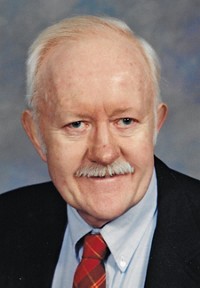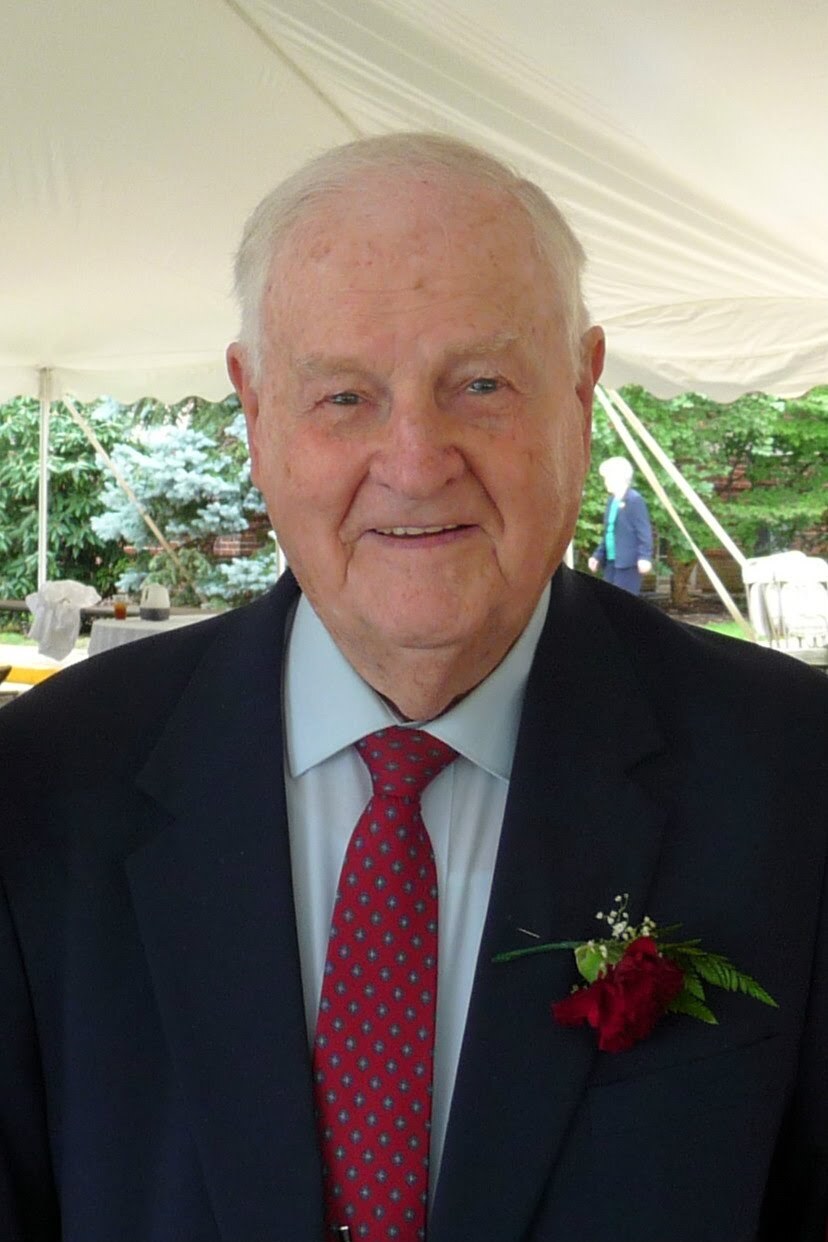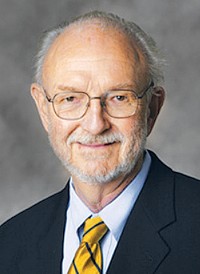Advertisement
Grab your lab coat. Let's get started
Welcome!
Welcome!
Create an account below to get 6 C&EN articles per month, receive newsletters and more - all free.
It seems this is your first time logging in online. Please enter the following information to continue.
As an ACS member you automatically get access to this site. All we need is few more details to create your reading experience.
Not you? Sign in with a different account.
Not you? Sign in with a different account.
ERROR 1
ERROR 1
ERROR 2
ERROR 2
ERROR 2
ERROR 2
ERROR 2
Password and Confirm password must match.
If you have an ACS member number, please enter it here so we can link this account to your membership. (optional)
ERROR 2
ACS values your privacy. By submitting your information, you are gaining access to C&EN and subscribing to our weekly newsletter. We use the information you provide to make your reading experience better, and we will never sell your data to third party members.
People
Donald F. Hornig
by Susan J. Ainsworth
May 6, 2013
| A version of this story appeared in
Volume 91, Issue 18
Donald F. Hornig, 92, who served as Brown University’s president from 1970 until 1976 and was a scientific adviser to four U.S. presidents, died on Jan. 21.
Born in Milwaukee, Hornig earned a bachelor’s degree in 1940 and a Ph.D. in 1943, both in chemistry from Harvard University.
After working briefly at Woods Hole Oceanographic Institution, he served as a group leader at Los Alamos National Laboratory on the Manhattan Project. He joined the Brown faculty as an assistant professor in 1946 and attained the rank of full professor five years later. He moved to Princeton University in 1957 and later became chair of its chemistry department.
Hornig served as a scientific adviser to U.S. Presidents Dwight D. Eisenhower, John F. Kennedy, Lyndon B. Johnson, and Richard M. Nixon.
After a brief stint as a vice president at Eastman Kodak from 1969 to 1970, he returned to Brown as its president. Hornig established Brown’s medical school and worked to cut administrative costs at a time when high inflation and an energy crisis were affecting the U.S. economy.
Hornig left Brown and became a professor of chemistry at the Harvard School of Public Health. He retired in 1990.
He was elected to the National Academy of Sciences in 1959 and was an emeritus member of ACS, joining in 1953.
Hornig is survived by his wife, Lilli, whom he married in 1943; daughters Joanna Fox and Ellen; son, Christopher; nine grandchildren; and 10 great-grandchildren. His daughter Leslie predeceased him.
Obituary notices of no more than 300 words may be sent to Susan J. Ainsworth at s_ainsworth@acs.org and should include an educational and professional history.






Join the conversation
Contact the reporter
Submit a Letter to the Editor for publication
Engage with us on Twitter